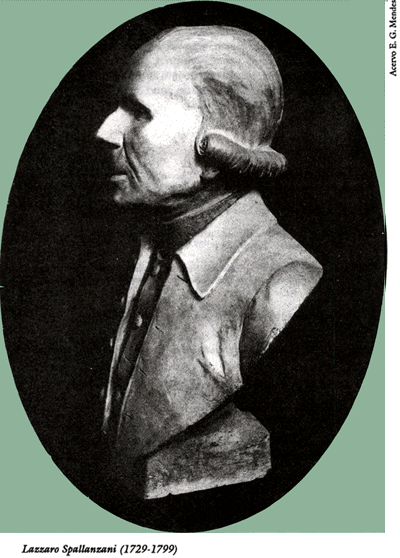The author reports on proclaimed crises in classical physiology as well as in the so-called comparative animal physiology. In the former, the crisis would derive from loosing grond to biophysics, biochemistry, pharmacology and, even, immunology in a manner detrimental to holistic and systemic views; lack of opportunity to do cutting edge research is also pointed. In the latter, the trends followed in the researches would be far from the purpose originally conceived of subsidizing the phylogenetic analyses based on comparative anatomy, embryology and paleontology. The author emphasizes the undiminished importance of classic physiology, of which biophysics and biochemistry are but specialized branches and recalls that the holistic view and the systemic approach remain as the ultimate goal of physiology. As to comparative physiology, claims of failure to accomplish the alleged original purpose are to be rejected, in view of sucesses reported in tracing the evolution of functions and the fact that, with time, comparative physiology gained new connotations, mostly ecological, dealing with convergences rather than phylogenetic alignments. Besides, this branch of physiology has continuously furnished animal models for basic research. Thus, there would be no crises in a philosophical sense of loss of objectives or paradigm change, but rather a growth crisis towards molecular approaches. Essentially, not new trends, but new experimental designs. A brief reference to the prevalent positivist character of physiology is also made.



